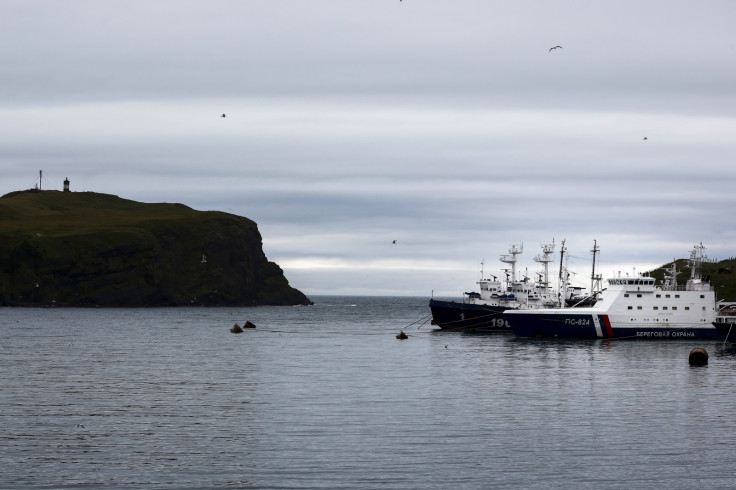Russian anti-ship missile deployment on disputed islands 'regrettable', Japanese PM Shinzo Abe says
Abe's response comes less than a month before Russian President Vladimir Putin's Japan visit.

Japanese Prime Minister Shinzo Abe has expressed regret over Russia's deployment of anti-ship missile systems on disputed isles in the western Pacific Ocean, where Tokyo says it has territorial claims.
His statement comes in response to Moscow's activities in the contested waters. However, Kremlin said it hoped the deployment would not affect the relations between the two countries that have been at odds since the World War II period.
The Russian Navy's Pacific Fleet had deployed the anti-ship missile systems named Bal and Bastion on two of the islands off Hokkaido, which the Russians call as Kurile.
"The four islands are our country's inherent territory. We have conveyed through diplomatic routes that this ... is not compatible with our country's position and is regrettable," Reuters cited the Japanese prime minister as saying.
Abe reacted to Moscow's move during an upper house parliamentary session on Friday (25 November) and it came less than a month before Russian President Vladimir Putin is due to visit Japan on 15 and 16 December. The two leaders are said to be aiming at signing a peace treaty to arrive at a resolution to solve the decades-old territorial row.
The feud over the island, which Kremlin refers to as the southern Kuriles and Japan as the Northern Territories, is said to have been a stumbling block for the peace treaty to formally end World War II.
It is thought that Abe would try to improve ties with Kremlin as a counter-balance to a rising and aggressive China. It is also believed that Japan has its economic cooperation with Russia as a trump card to help ease a breakthrough when Putin visits the Far East nation, partially due to slight slump in Moscow's economy and the western sanctions against it after Russia annexed Crimea in 2014.
Earlier on Thursday (24 November), Japan's Chief Cabinet Secretary Yoshihide Suga said that Tokyo was closely monitoring the Russian deployment of missiles and that its bilateral ties would not be affected because of this. Instead the country would try to "resolve the issue of the Northern Territories".
At the same time, the Japanese Defence Minsitry is reportedly planning to set up a panel to discuss ways to beef up its ballistic missile defence system, Kyodo news agency reported. It is an apparent move by Tokyo to contain North Korea due to its repeated nuclear and missile threat.
It has emerged that Japan is considering installing an advance US missile defence system called the Terminal High Altitude Area Defence (Thaad). However, the country's Defence Minister Tomomi Inada said on Friday (25 November) that Tokyo had "no concrete plans to introduce Thaad" but it might introduce new equipment which may lead to the reinforcement of the country's capabilities.
© Copyright IBTimes 2024. All rights reserved.





